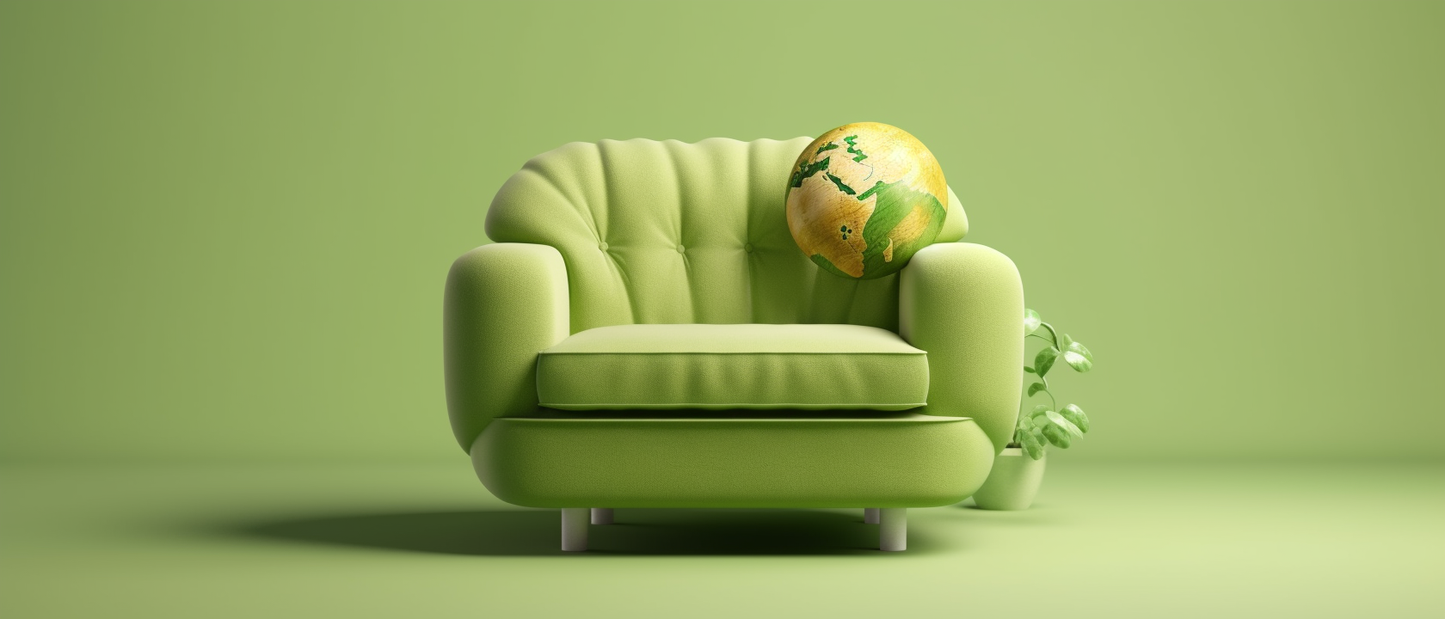
In the face of growing environmental concerns, the concept of a circular economy is gaining traction. This economic model focuses on eliminating waste and the continual use of resources, promoting a cycle of reuse, sharing, repair, refurbishment, remanufacturing, and recycling. In the world of home furnishings, embracing the circular economy can have a profound impact on our planet. Let's explore how this shift is changing the way we consume furniture.
The Problem with 'Fast Furniture'
Just like fast fashion, 'fast furniture' has become a significant environmental issue. These are pieces that are cheaply made and not built to last, leading to a cycle of constant replacement and waste. Every year, millions of tons of furniture end up in landfills, contributing to environmental pollution and waste.
The Rise of Furniture Rental
One solution to the fast furniture problem is furniture rental, a concept that's gaining popularity thanks to companies like Homebound. Furniture rental allows consumers to use high-quality, stylish furniture for a set period, after which they can choose to purchase the item, swap it for something new, or return it. This model not only provides flexibility for consumers but also promotes the reuse of furniture, reducing waste.
The Second Life of 'Pre-Loved' Furniture
When furniture is returned to rental companies, it doesn't end up in a landfill. Instead, it's cleaned, restored, and listed as a 'pre-loved' item available for rent at a reduced rate. This process gives furniture a second life and further contributes to the circular economy.
The Role of Consumers
As consumers, we play a crucial role in promoting the circular economy. By choosing to rent furniture instead of buying new, we can help reduce waste and promote sustainability. Plus, furniture rental offers a host of benefits, including flexibility, affordability, and access to a wide range of high-quality, stylish furniture.
Conclusion
The circular economy represents the future of furniture consumption. By embracing furniture rental and the concept of 'pre-loved' furniture, we can help reduce waste, save money, and create stylish, comfortable living spaces. It's a win-win situation for consumers and the planet alike.
